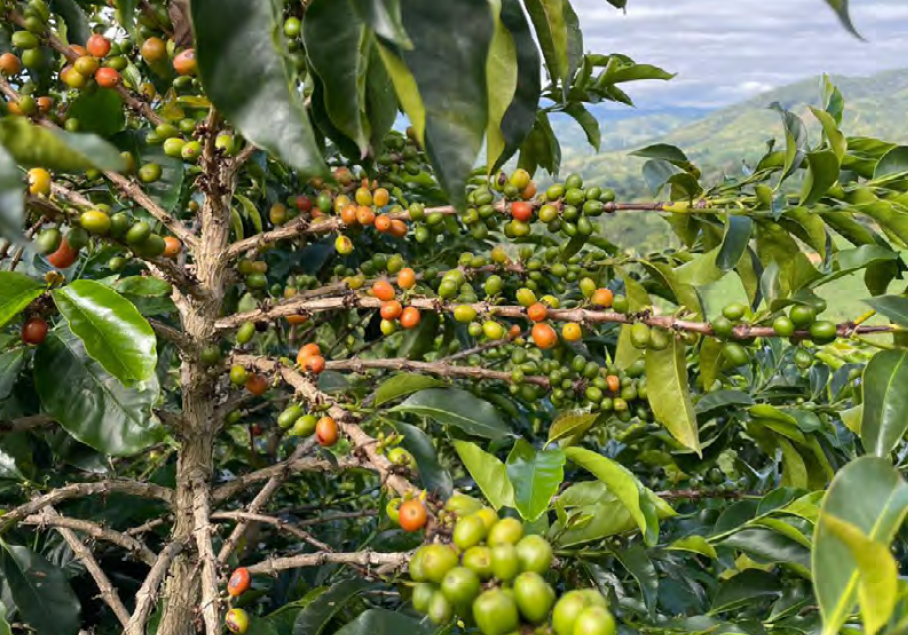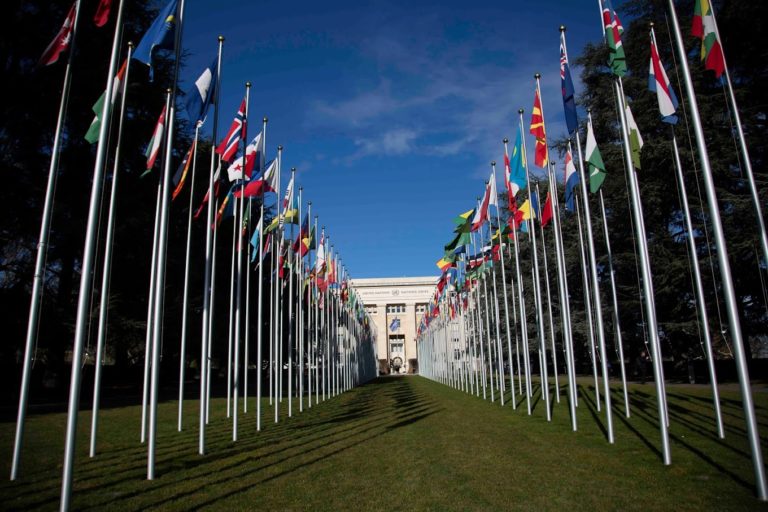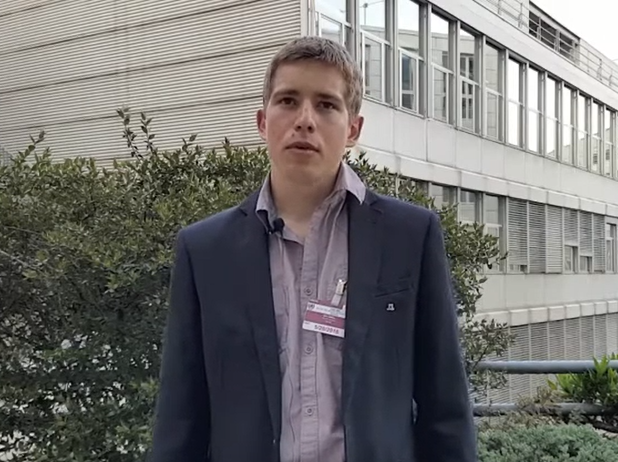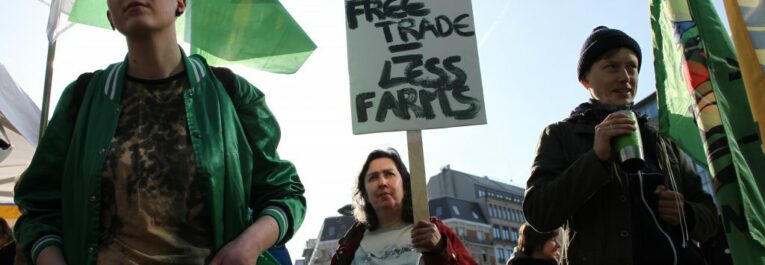Coffee and carbon in Colombia: Human rights concerns at the intersection of food systems, climate change and data-based technologies
This report was first published on Fian International’s website in June 2024. The introduction below was written specifically for Defending Peasants’ Rights, to highlight the UNDROP’s role. You can find the original introduction here and the report below.
Carbon markets vs. peasant autonomy: UNDROP’s role in safeguarding rights and data sovereignty
There is an urgent need to rapidly phase out fossil fuels to reduce the devastating impacts of the climate catastrophe. Carbon market mechanisms, such as those recently pushed through by the COP29 presidency, are false solutions and a dangerous distraction from States fulfilling their obligations to reduce emissions and address the root causes of climate change.
Increasingly, carbon trading projects concern agricultural areas and directly involve peasants and other small-scale food producers. A recent report by FIAN International and MAELA Colombia explores the complexities and risks associated with carbon markets, particularly their impact on small-scale food producers. Carbon markets, increasingly adopted by governments and corporations as a response to climate change, have drawn criticism due to their questionable environmental benefits and potential to harm the human rights of rural communities.
These concerns are particularly relevant in Colombia, where a lack of regulatory frameworks puts Indigenous Peoples, Afro-Colombians, and peasant communities at risk.
One key example developed in the report is the Asómbrate project, which aims to integrate Colombian smallholder farmers into global carbon markets. Although marketed as a way to boost farmers’ income through agroforestry and carbon trading via Rabobank’s ACORN digital platform, participants have raised concerns. These include lack of transparency, potential negative environmental impacts, and the erosion of small farmers’ autonomy.
The report stresses that carbon markets rely on complex, data-driven technologies—such as remote sensing and artificial intelligence—which add opacity to the system and exacerbate power imbalances. This trend represents a troubling shift towards the financialization of nature, turning ecosystems into tradeable assets and undermining local, community-led models of sustainability.
The implementation of the United Nations Declaration on the Rights of Peasants and Other People Working in Rural Areas (UNDROP) plays a pivotal role in addressing these concerns. Colombia is obligated under international law to protect the rights of these communities, particularly their autonomy over farming practices and control over their own data. The report urges Colombia to implement stronger legal frameworks that safeguard these rights, calling for participatory processes to ensure fair and sustainable carbon market practices.
Furthermore, international institutions are encouraged to develop comprehensive guidelines to ensure carbon markets respect human rights, especially for Indigenous Peoples and rural communities. By centering policies around human rights frameworks like UNDROP, a more just transition towards sustainable food systems and climate action can be achieved.







